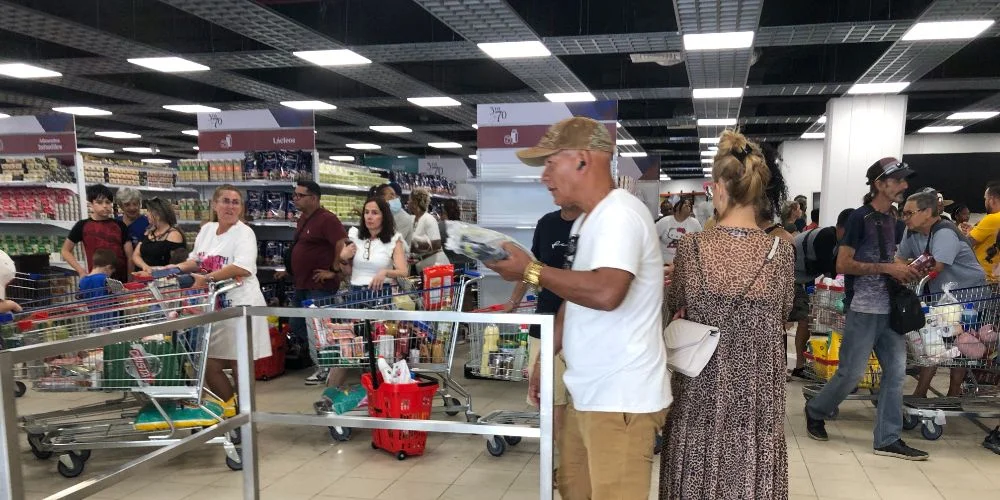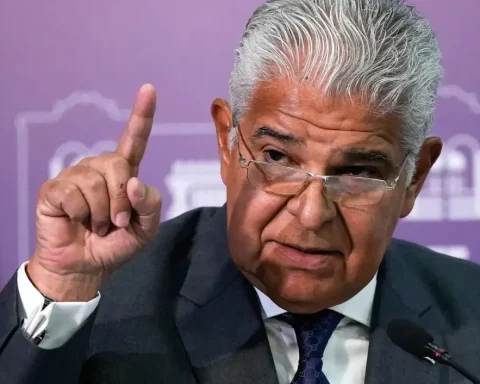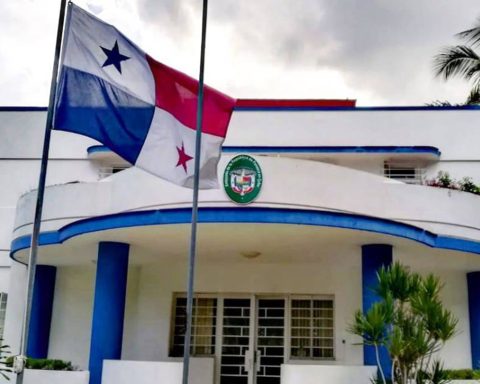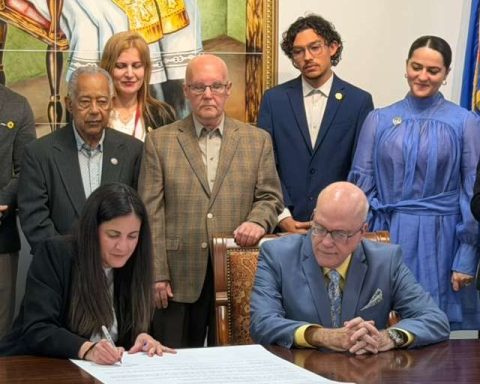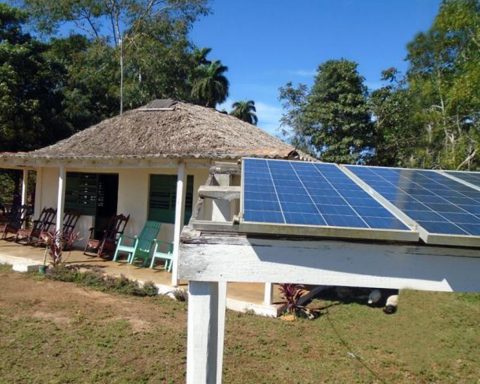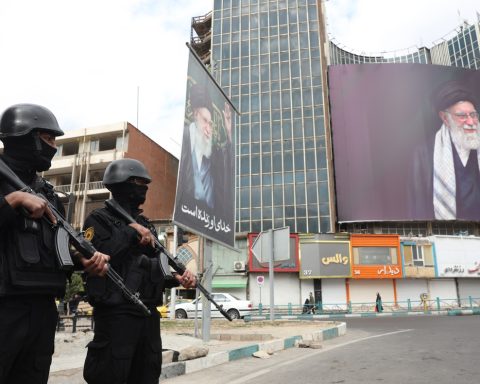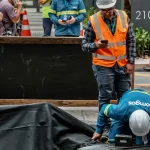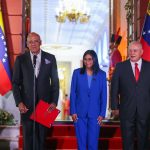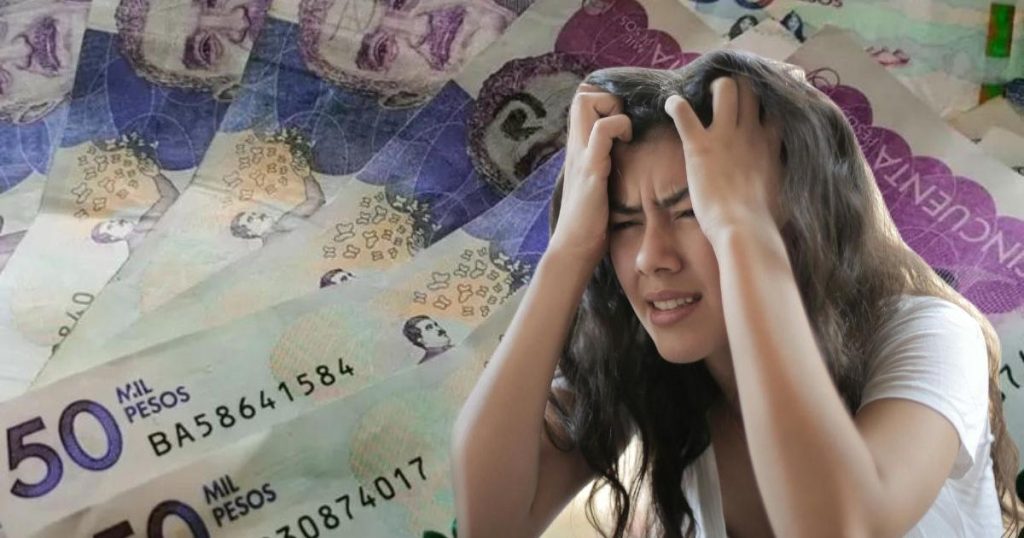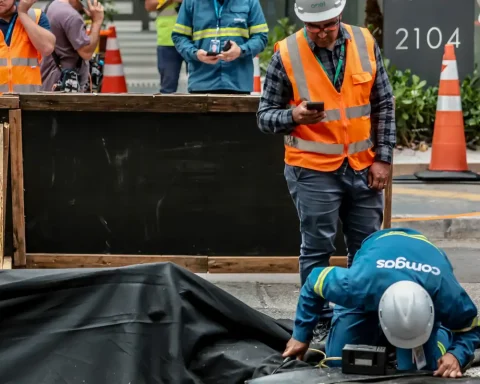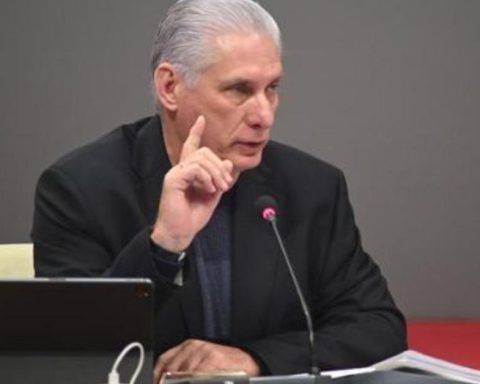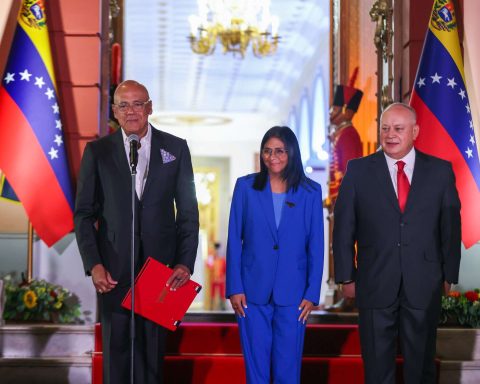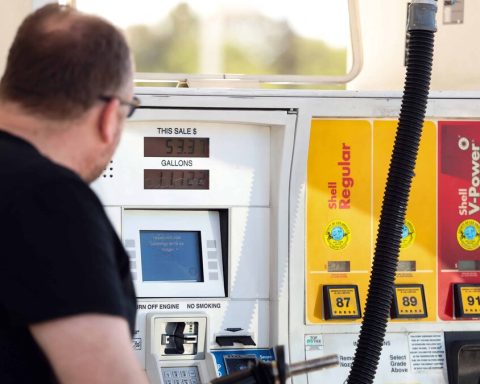MIAMI, United States. – Last Tuesday, a modern supermarket opened its doors on the ground floor of the Gran Muthu Habana luxury hotel, in the 3rd area. and 70, Miramar, with the peculiarity that it does not accept Cuban pesos or freely convertible currency (MLC), as confirmed by Cubanet in the facility itself.
The establishment, belonging to Tiendas Caribe of the CIMEX corporation—linked to the Business Administration Group (GAESA) of the Armed Forces—only accepts three payment methods: dollars in cash, foreign bank cards and the “Classic” cardwhich also operates in USD.

“There is everything: malts, cheeses, chorizos, hams. It doesn’t look like Cuba because you don’t even see this abundance in the stores in MLC,” a customer who traveled from Vedado to Playa to shop at the new market told Cubanet. “The only thing they don’t have is cash to give change and they offer you candy,” he added.
This Friday, the media noted the long lines to buy food and the effusiveness of several customers who made video calls to show their family abroad what they could buy with the remittances.
Similar statements about abundance collected an independent newspaper report 14ymediobased in Havana.
“It is arriving at a completely new and shiny place with automatic checkouts, with carts, with baskets…”, described Lucía, a client interviewed by the aforementioned media. “All the beans there are, preserved and natural, meats, cheeses, olive oil, normal oils, tomato sauces, pickles, preserved fruits, nougat, rice, coffee, yogurt, milk, ice cream, and even whole wheat bread!” he listed.


In addition to national and foreign foods – such as Cubita coffee, La Estancia juices or the Mexican brands Richmeat and Chilean Sur Continente -, in the new market you can find small appliances, including fans for $45.
The supermarket has 12 cash registers where a sign informs that payment is “by cards in USD”, with priority to the Russian MIRMastercard and Visa.

The contrast with the old 3rd market. and 70, located opposite, is striking. That building, opened before the 90s as a “diplostore” for foreigners, is today practically empty and in poor condition.
